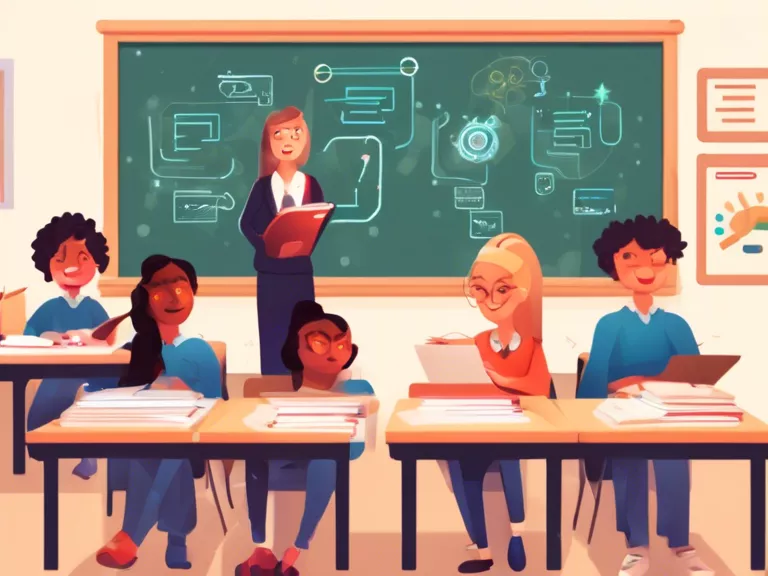
With the advancement of technology, AI-powered grading systems are revolutionizing the way teachers grade assignments and provide feedback to students. These systems are not only reducing teacher workload, but also improving the quality of feedback given to students, ultimately enhancing the learning experience.
One of the main benefits of AI-powered grading systems is the automation of the grading process. Instead of spending hours manually grading each assignment, teachers can now input assignments into the system and have them graded automatically. This frees up valuable time for teachers to focus on other tasks, such as lesson planning and student support.
Furthermore, AI-powered grading systems are able to provide more detailed and personalized feedback to students. These systems analyze students' work and provide specific feedback on areas where they excel and areas where they need improvement. This individualized feedback helps students understand their strengths and weaknesses, allowing them to make necessary improvements.
Another advantage of AI-powered grading systems is their consistency. Unlike human graders, AI systems do not have biases or preconceived notions that can impact grading. This ensures that all students receive fair and consistent feedback, regardless of who is grading their work.
Additionally, AI-powered grading systems help teachers track student progress more effectively. By providing data and analytics on student performance, teachers can identify patterns and trends in student work, allowing them to tailor their instruction to meet the needs of each individual student.
Overall, AI-powered grading systems are transforming the way teachers grade assignments and provide feedback to students. By reducing teacher workload, improving feedback quality, and enhancing student learning experiences, these systems are revolutionizing education as we know it.



